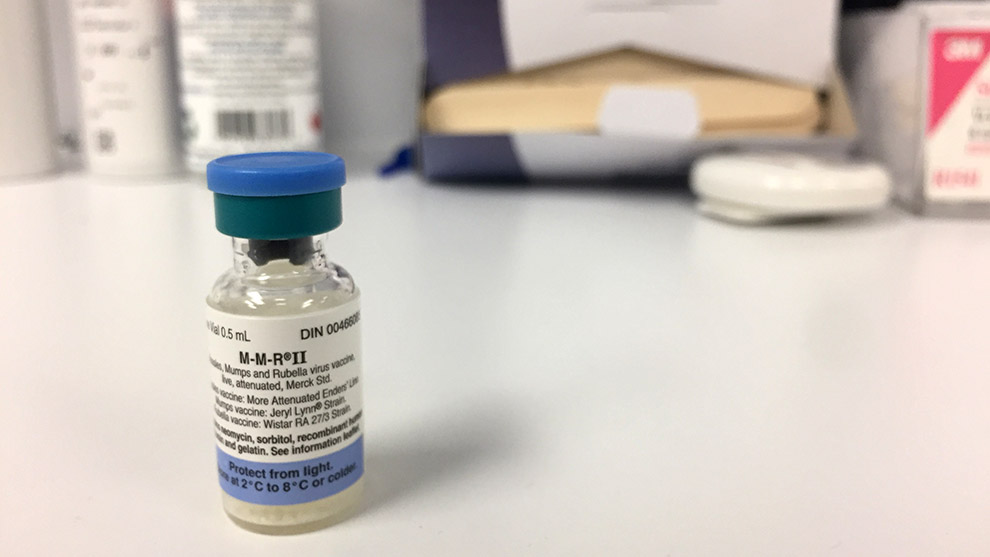Health
New case of mumps confirmed in Halifax
Nova Scotia Public Health says it’s prepared to deal with mumps cases

caption
Dr. Lisa Freeman says vaccination best way to prevent mumps
caption
Dr. Lisa Freeman says vaccination is the best way to prevent mumps.There are now four confirmed cases of the mumps in Halifax.
Dr. Lisa Freeman, a medical officer of health for Nova Scotia Public Health, said Tuesday there was also one suspected case, which hasn’t been confirmed.
“At this time our investigation is still ongoing,” Freeman said to The Signal. “We do have suspect cases, but the numbers change quite quickly.”
Mumps is a viral infection and is spread through saliva or mucus. Most people who have been exposed to it will not get symptoms until around two weeks later. Symptoms typically last about 10 days and include:
- fever
- swelling glands
- headache or earache
- tiredness
- sore muscles
- dry mouth
- trouble talking, chewing or swallowing
- loss of appetite
On Thursday, Dalhousie University announced there were three cases of mumps in the municipality: two on their campus and one outside of the area with links to the university.
In an email to students, Dalhousie advised people to contact public health and seek care from their family physician if they are experiencing symptoms.
Nova Scotia Public Health is warning people not to share drinks, utensils or cigarettes.
“The best way to prevent mumps is to be vaccinated against it,” said Freeman, adding that most people would need to be vaccinated with two doses of the measles, mumps and rubella vaccine.
People can receive a vaccine from their family doctor. Vaccines are also provided to clinics, including ones at universities like the Dalhousie Student Health & Wellness Centre.
Because mumps is viral there are no specific drugs that can treat the infection.
“Most people get better from mumps on their own … but some people have complications and that’s why it’s really important that people do get their vaccinations,” said Freeman.
No links
While investigating mumps clusters, public health officials attempt to see if the cases are connected. This means determining if the patients knew each other or had crossed paths.
Freeman said health officials have yet to find a link between the confirmed cases.
She also said a cluster of mumps is not unusual and public health officials expect a few cases every year.
“This is very routine for public health to deal with, so we are well prepared for this,” said Freeman.
